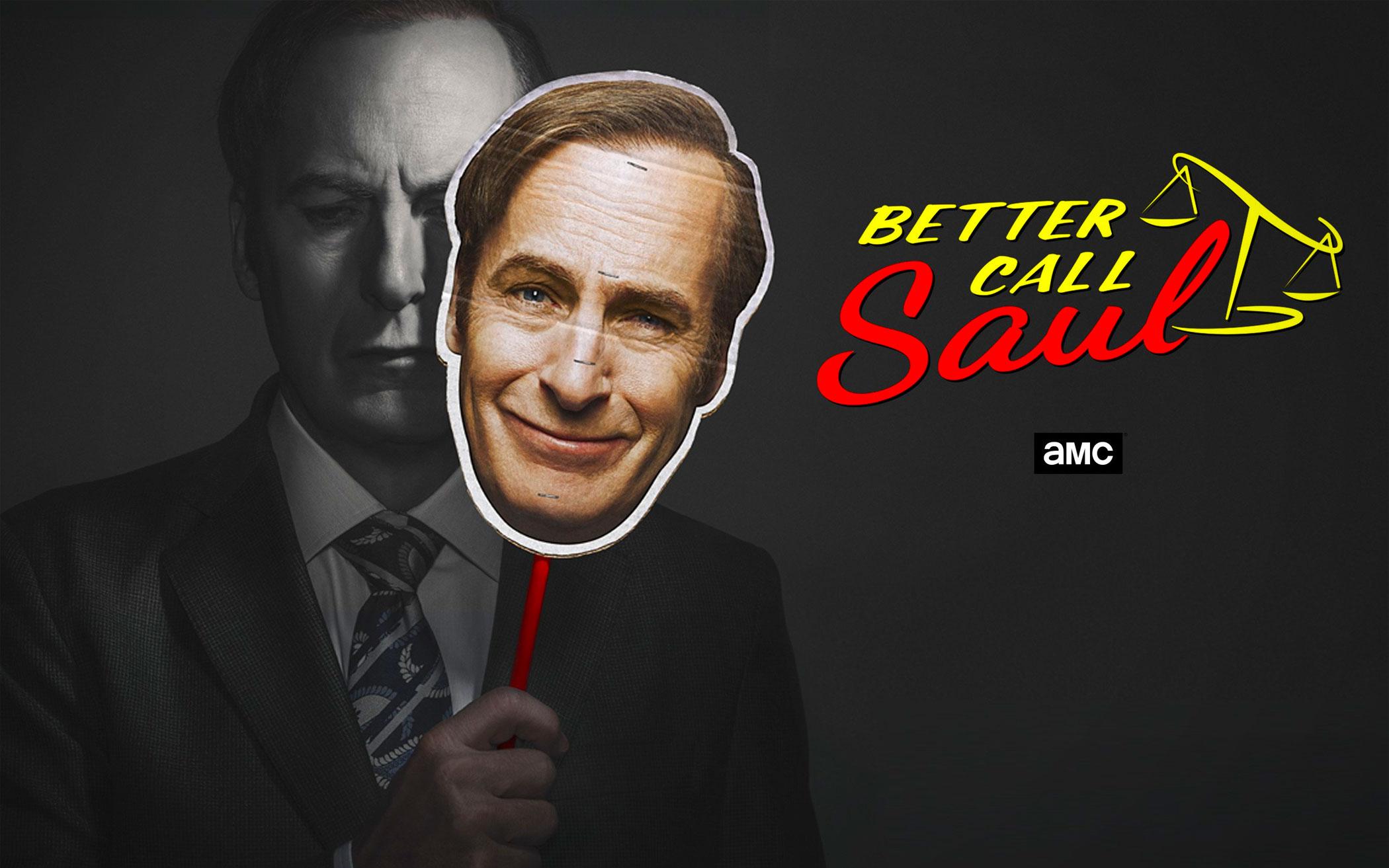For all intents and purposes, the city of Albuquerque is a main character in Better Call Saul, a spinoff prequel to Breaking Bad. As far as spinoffs go, Better Call Saul is without equal because it’s representative of extended storytelling at its best; together, Better Call Saul and Breaking Bad span 123 episodes across 12 seasons. But it’s also without equal in no small part due to Albuquerque’s continued casting as an unspoken character with plenty to say. Better Call Saul just concluded its series run on AMC and is ultimately about ex-con-turned-lawyer, Jimmy McGill (Bob Odenkirk), and his seedy descent into Albuquerque’s bedraggled depths. For the show’s creator, Vince Gilligan, a vital element is his portrayal of this sin-filled transformation that is mirrored in the New Mexico city itself.
In a 2010 interview with Slant Magazine, Gilligan says that Breaking Bad (and eventually, Better Call Saul) is all about “transformation.” Both Walter White (in Breaking Bad, played by Bryan Cranston) and Jimmy McGill transform into Heisenberg and Saul Goodman, respectively. Along with their character transformations, the city of Albuquerque and its landscape undergoes a passive, but drastic, change in response. Saul Goodman’s “work” as a lawyer has single-handedly produced irrevocable change to Albuquerque’s landscape and its citizens, and Better Call Saul portrays this very well, albeit with tremendous subtlety.
Recurring characters in spinoffs are usually novelty tricks intended to spark cheap nostalgia through rehashed storylines. Better Call Saul, however, introduces recurring characters in subtle ways, not to spark nostalgia, but to add to significant narrative meaning to their overarching themes. In episode four of this final season, we are reintroduced to Spooge (David Ury). But instead of the meth addict we know from Breaking Bad, we see a younger Spooge as a clean-cut meth dealer, looking to Saul Goodman for legal representation. This foreshadows a transformation that is mirrored in the citizens of Albuquerque at large.
Eugene Peterson writes in Under the Unpredictable Plant that “all theology is rooted in geography,” meaning our view of God is directly tied to the land we occupy. Better Call Saul’s spin on this Peterson quotation is “all [the consequences] of our sin is rooted in geography.” BCS’s portrayal of this New Mexico city offers The Banner readers a new way to understand the damaging effects of our restless, idol-factory hearts and, ultimately, point us to the hopes made evident in the good news for the redemptive transformation of every city and town to which Christ claims, “mine.”
Content warning: Better Call Saul is a spin-off of Breaking Bad and centers on a small-time lawyer who wades into the illegal drug trade. There is offensive language, violence, and drug use. (Rated TV-MA, Netflix)
About the Author
Daniel Jung is a graduate of Calvin Theological Seminary and an ordained pastor in the Presbyterian Church in America. He lives in Northern California, where he serves as an associate pastor at Home of Christ in Cupertino.

